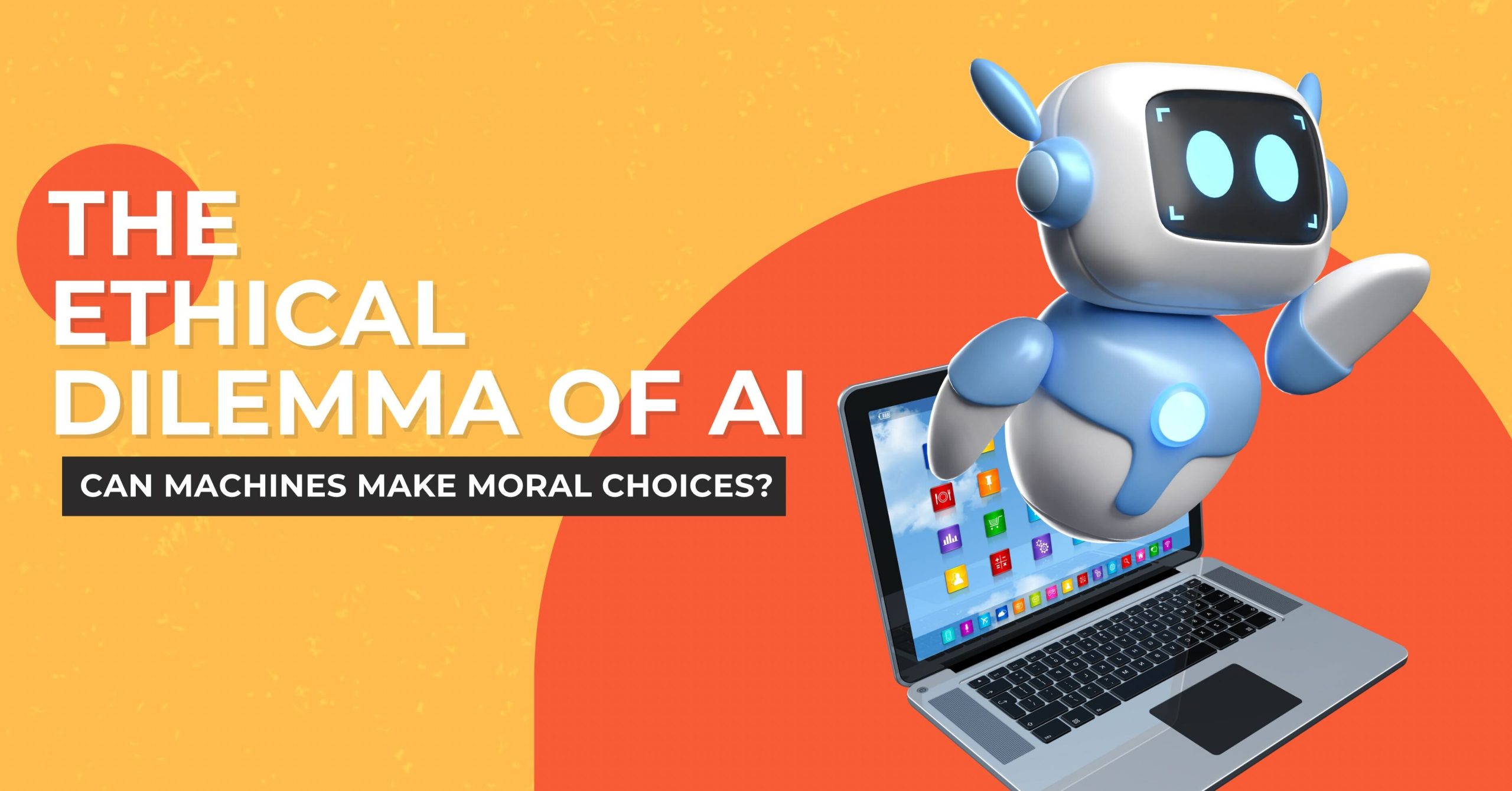In our modern world, artificial intelligence (AI) plays a crucial role in various aspects of our lives, from helping us find information online to driving cars autonomously. However, as AI becomes more advanced, it faces a challenging question: Can machines make ethical decisions like humans?
What is Artificial Intelligence?
AI refers to computer systems that can learn from data, recognize patterns, and make decisions with minimal human intervention. It powers virtual assistants like Siri and Alexa, recommendation systems on streaming platforms, and even helps doctors diagnose diseases.
The Role of Ethical Decision Making
Ethical decisions involve choices that impact others’ well-being or involve moral principles. For example, AI in healthcare might decide which patient needs urgent care based on their condition and available medical resources.
Real-World Examples of AI and Ethics
- Self-Driving Cars: Autonomous vehicles must decide how to react in potentially fatal situations, such as choosing between hitting pedestrians or risking the lives of passengers.
- Example: Tesla’s Autopilot faced scrutiny after accidents where its decision-making was questioned.
- Healthcare: AI can assist in diagnosing diseases and suggesting treatments, which raises questions about patient privacy, fairness, and accuracy.
- Example: IBM’s Watson for Oncology assists doctors in choosing cancer treatments but has been criticized for sometimes recommending unsafe or ineffective treatments.
- Predictive Policing: Some law enforcement agencies use AI to predict where crimes might occur. However, this raises concerns about racial bias and privacy.
- Example: In 2016, a software used in the U.S. to predict future criminals showed bias against African Americans.
- Social Media Algorithms: Platforms use AI to decide which posts users see first. This can amplify misinformation and polarize society.
- Example: Facebook’s algorithm has been criticized for spreading misinformation during elections.
Challenges AI Faces in Moral Decision Making
- Bias in Data: AI systems learn from data, which can contain biases. This can lead to unfair decisions, like denying loans or jobs based on race or gender.
- Lack of Emotional Intelligence: AI lacks human emotions and empathy, making it difficult to understand nuanced situations.
The Importance of Ethics in AI Development
As AI technology advances, it’s crucial to ensure it aligns with human values and respects ethical principles. This requires collaboration between experts in technology, ethics, and policy-making.
Future Perspectives
Moving forward, society needs to address these ethical dilemmas to harness AI’s benefits responsibly. It’s essential to develop guidelines and regulations that promote fairness, transparency, and accountability in AI systems.
Conclusion
Artificial intelligence has the potential to revolutionize industries and improve lives. However, the ability to make moral choices remains a significant challenge. By addressing these ethical concerns and fostering responsible AI development, we can ensure that technology enhances rather than undermines human well-being.
In conclusion, while AI offers exciting possibilities, its ethical implications require careful consideration. By understanding the limits of AI in ethical decision making and working together to mitigate risks, we can build a future where technology serves everyone ethically and responsibly.

